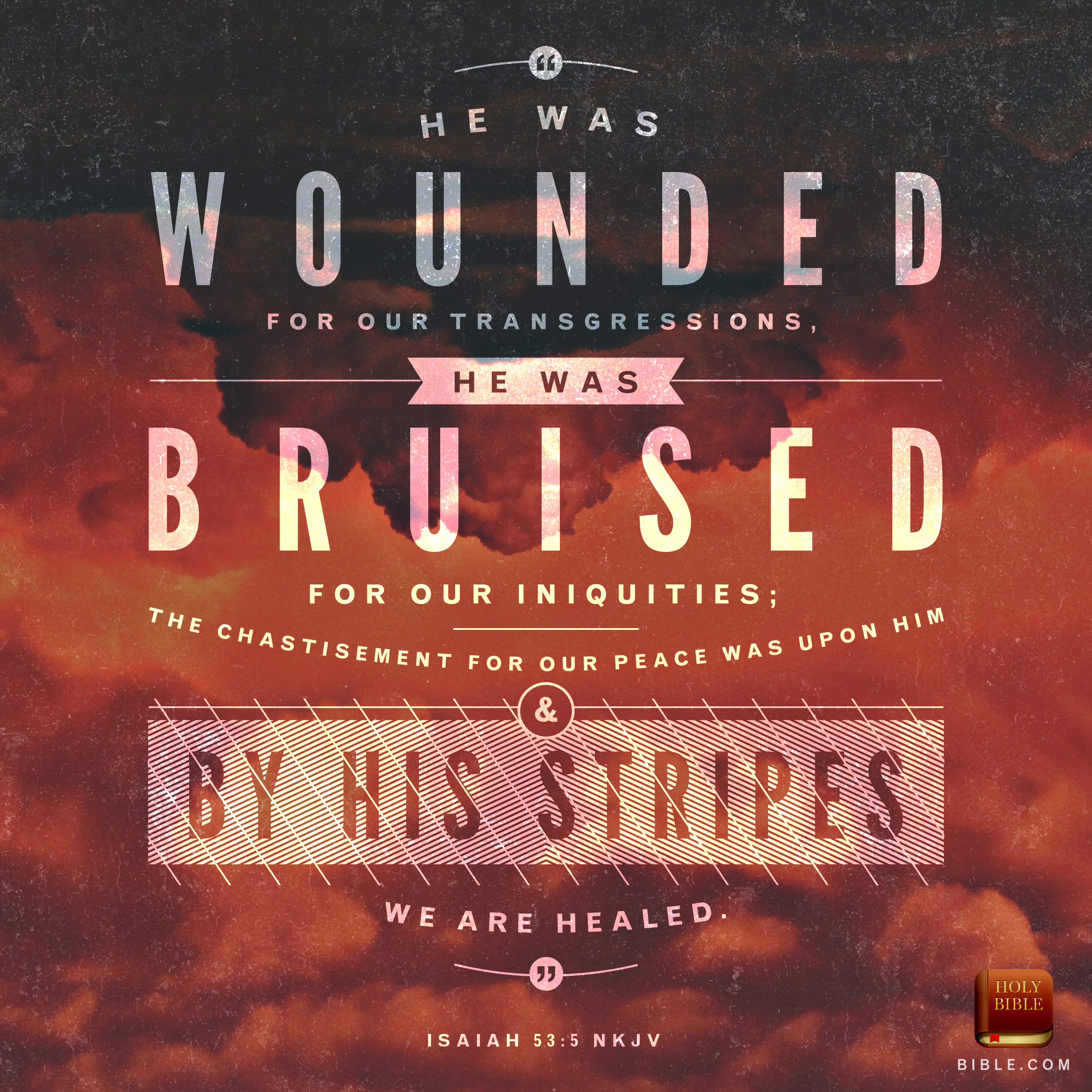We are musing over the dead lawn that I have. We saw in Job 12:7 (HCSB) "But ask the animals, and they will instruct you; ask the birds of the sky, and they will tell you." We then compared this verse with learning spiritual lessons from a lawn that had "winterkill." And in this, we considered the fact that when we allow the frost, snow, and ice of life, and the variance of being hot or cold for Jesus, we spiritually can experience winterkill. Not loss of salvation, but the loss of relationship and the beauty of it. We discovered to restore the lawn it would take me doing some things - rake, aeriate, seed, water, and wait. We then spoke yesterday about raking the dead things that come between us and the Savior. The dead needs to be removed before the joy can be restored.
The next step in the process to restore my lawn is aerating. When you aeriate the lawn, you puncture or cut slits in the soil to allow the air and nutrients to sink in. One definition for the word aerate that I found said it is to expose to the action or circulation of the air, so as to purify. For the new seeds and grass to germinate, it needs the water, nutrients, and air to reach the roots - to allow the grass to feed and grow strong.
The Bible in Hosea 10:12 states - "I said, 'Plant the good seeds of righteousness, and you will harvest a crop of love. Plow up the hard ground of your hearts, for now is the time to seek the LORD, that he may come and shower righteousness upon you.'" Plow up the hard ground of your hearts. God says that we sometimes need to be aerated - to have our sinful, hardened hearts plowed up, softened, and prepared to receive the seed. Just as the ground can become hardened and keep out that which is good, our very beings can also become this way. Consider that the Holy Spirit is compared by Jesus to the wind (John 3:8). The Greek word for spirit and wind are the same. The Hebrew word for spirit and breath is the same. So, we need to have the Spirit (Holy Spirit, air) allowed back into our life - to as the definition above says to purify. Just removing the dead stuff will not automatically bring in the joy. Jesus warns in Luke 11:26 about not filling the person with the Holy Spirit in place of our own sinful ways.
So, ponder that we need to rake the dead out and aeriate our hearts to prepare for the next step - seeding. Today, seek to be sure that your hearts have been plowed and prepared to receive the seed - and join back tomorrow to muse over the seed.







